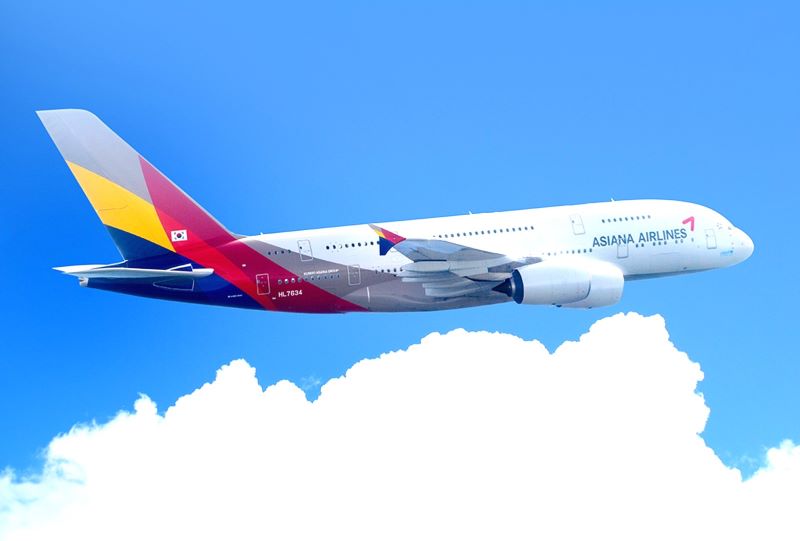
SOUTH KOREA. Korean Air has secured the approval of the Japan Fair Trade Commission (JFTC) for a KRW1.8 trillion (US$1.34 billion) merger deal with Asiana Airlines. The move marks a significant step in the merger process between South Korea’s two largest carriers.
The two airlines announced their merger plans in November 2020 in a bid to “restructure the Korean aviation market” following the impact of the COVID-19 crisis.
Historically, Korean Air has been the world’s most successful inflight retailer, touching over US$200 million in its halcyon days in the years leading up to the pandemic.
The decision by JFTC came after Korean Air submitted remedies to ensure that it would not hurt competition in passenger and cargo traffic.
Korean Air submitted a comprehensive initial report in 2021. The airline said it has proactively engaged in discussions with all concerned parties to offer solutions over monopoly concerns raised by Japan’s antitrust regulator.

According to Korean Air, the JFTC required it to offer remedies on select routes between Korea and Japan where the combined market share of Korean Air, Asiana Airlines and its subsidiaries (Jin Air, Air Busan and Air Seoul) would limit competition.
After discussions between the relevant parties, JFTC decided that five of the 12 overlapping routes on the network were not subject to competition review.
Korean Air offered to transfer slots to any airline wishing to operate on seven routes including Seoul-Osaka, Sapporo, Nagoya, Fukuoka, as well as Busan-Osaka, Sapporo and Fukuoka.
JFTC also questioned the potential anti-competitive practices in the Korea-Japan cargo network. However, Asiana Airlines decided it would sell its cargo business after the completion of the merger. JFTC then limited its request for the airline to enter into a cargo block space agreement on select routes from Japan to Korea.
The divestiture of Asiana’s cargo unit is pending approval from all remaining competition authorities, and will occur after Asiana Airlines is incorporated as a subsidiary of Korean Air.
For the merger deal to proceed, the airlines need to secure approval from antitrust regulators in key markets.
Since January 2021, Korean Air has filed business combination reports with a total of 14 competition authorities.
With the green light from Japan’s antitrust watchdog, Korean Air now requires the consent of regulating agencies from the US and the European Union to finalise the process.
Sources cited by Reuters said the merger is likely to be given the go-ahead by the EU after the companies pledged to sell the Asiana Airlines’ cargo business and divest routes to four European cities.
Korean Air is also awaiting a critical decision by US authorities. Citing sources with direct knowledge of the matter, Politico reported in May 2023 that the Justice department is planning to block the merger deal over monopoly concerns.
Other regulators to have approved the merger were from Türkiye (February 2021), Taiwan (May 2021), Thailand (May 2021), The Philippines (May 2021), Malaysia (Sep 2021), Vietnam (Nov 2021), Korea (Feb 2022), Singapore (Feb 2022), Australia (Sep 2022), China (Dec 2022) and the UK (Mar 2023). ✈











